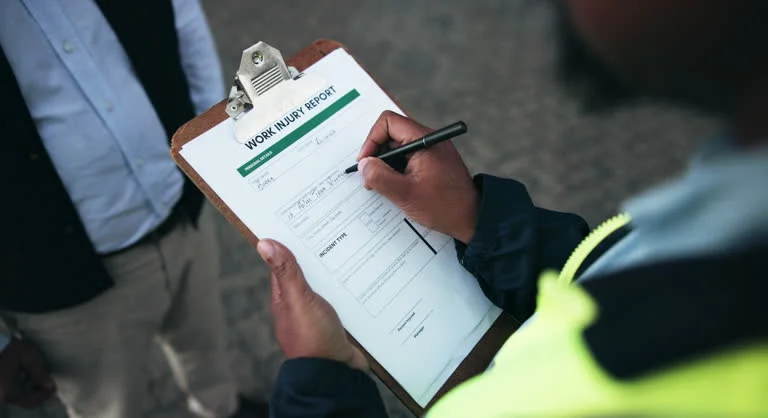Employers in the transportation industry have a crucial role in maintaining road safety. Federal regulations require companies to report any driver substance violations to the FMCSA Clearinghouse promptly and accurately. Failing to do so can result in serious legal and financial consequences for both the employer and the driver. Knowing these rules and processes helps companies comply while safeguarding their workforce and operations. For individuals affected by accidents involving impaired drivers, it is equally important to get help navigating a truck accident claim to ensure rights and compensation are protected.
Understanding the FMCSA Clearinghouse
The FMCSA Clearinghouse is a centralized database that tracks drug and alcohol violations for commercial motor vehicle (CMV) drivers. Its primary purpose is to enhance road safety by ensuring that drivers with substance violations are identified and appropriately managed. Employers must check the Clearinghouse before hiring a driver and periodically throughout employment to confirm compliance.
The database also allows employers to verify that drivers who have completed rehabilitation or follow-up testing are legally cleared to operate a commercial vehicle. This ensures that only qualified, safe drivers are on the road and that impaired drivers do not pose a risk to themselves or others.
Reporting Requirements
Federal law specifies strict timelines and methods for reporting violations. Employers must submit details of any confirmed drug or alcohol test that results in a violation. These reports include:
- Positive drug or alcohol test results
- Refusals to test
- Violations identified during return-to-duty or follow-up testing
Reports must be submitted promptly to maintain an accurate and up-to-date database. Delays or mistakes expose the company to legal liability and potentially allow unsafe drivers to operate vehicles.
Compliance Challenges for Employers
While reporting requirements are straightforward, companies often struggle to maintain compliance. For large fleets, tracking every driver’s status can be complicated. Human error, lack of training, and outdated systems can result in incomplete or late submissions.
To address these challenges, many employers invest in digital recordkeeping and regular internal audits. Consistent training for HR personnel and supervisors ensures that violations are documented and reported accurately. Employers also benefit from establishing clear internal policies for substance testing, follow-ups, and rehabilitation support.
Proper reporting not only helps the company stay compliant but also protects drivers. It ensures that drivers who may need rehabilitation receive the support required to return to duty safely and legally.
The Consequences of Non-Compliance
Failing to report violations accurately can result in serious repercussions. Companies may face fines, loss of operating authority, and increased liability if a preventable accident occurs. In addition, reputational damage can affect relationships with clients, insurers, and regulatory agencies.
Proper reporting also maintains accountability within the workforce. It signals to all drivers that safety and compliance are priorities, encouraging responsible behavior and reducing the likelihood of accidents caused by impaired driving.
Promoting Safety Beyond Compliance
Beyond legal obligations, employers have a responsibility to foster a culture of safety. This includes offering substance abuse education, access to rehabilitation programs, and routine wellness checks. Companies that combine compliance with proactive safety measures often see fewer incidents, lower insurance costs, and higher employee morale.
Supporting drivers through education and resources benefits everyone on the road. When employers create clear policies and maintain open communication, they help prevent accidents and provide drivers with the tools they need to succeed professionally and personally.
Final Thoughts
The FMCSA Clearinghouse plays an important role in promoting road safety, and employers are required by law to report any substance-related violations by drivers without delay. Proper reporting not only protects the company but also supports drivers and reduces the likelihood of accidents. When employers understand their responsibilities, keep detailed records, and prioritize workplace safety, they remain compliant while helping safeguard the public. For those affected by accidents caused by impaired drivers, it is essential to get help navigating a truck accident claim to protect rights and pursue proper compensation.






